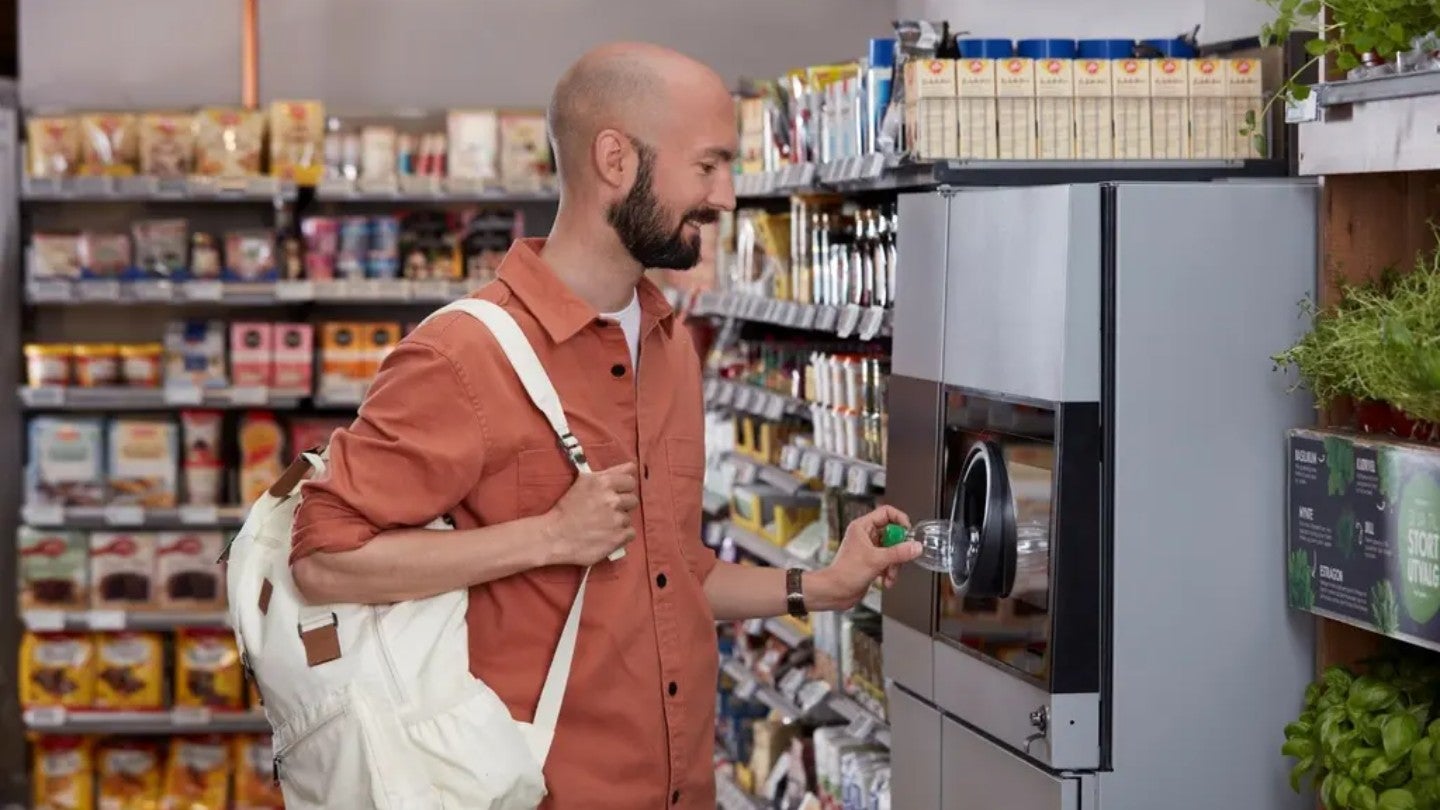
Reverse vending machines provider TOMRA has announced the expansion of the Netherlands’ existing deposit return scheme.
The scheme was expanded on 1 April and now includes aluminum and steel beverage cans recycling.
According to the new concept, all metal beverage containers with a capacity of up to three litres and a deposit of €0.15 will be eligible for recycling.
Collection points for the metal cans primarily include supermarkets that are more than 200m² in area and staffed petrol stations, which are located along the highway.
Additional locations, including sports clubs and movie theatres, can also sign up to become voluntary collection points. Registrations can be made via Statiegeld Nederland.
TOMRA Collection Western and Southern Europe senior vice-president Rene Hissink said: “The expansion of the Netherlands’ deposit return system to aluminium cans means a new type of material will enter the loop and be able to be returned to the circular economy using appropriate recycling processes. As a result, the Dutch circular economy, as a whole will see a boost.”
Since 2006, the Netherlands has used a deposit return system for recycling drink containers.
The system initially only supported plastic bottles, with deposit of $0.55 (ANG1). This has increased to its current rate of €0.25.
This expansion plan comes after the number of metal drink cans in the environment increased by 27% in 2020, according to information posted on the TOMRA website.
The company informed that a deposit is added for relevant drink containers and consumers or recyclers receive a full refund when they return the empty cans.
A similar expansion was executed in July 2022, when the Dutch Government expanded this system to also include small plastic bottles.



